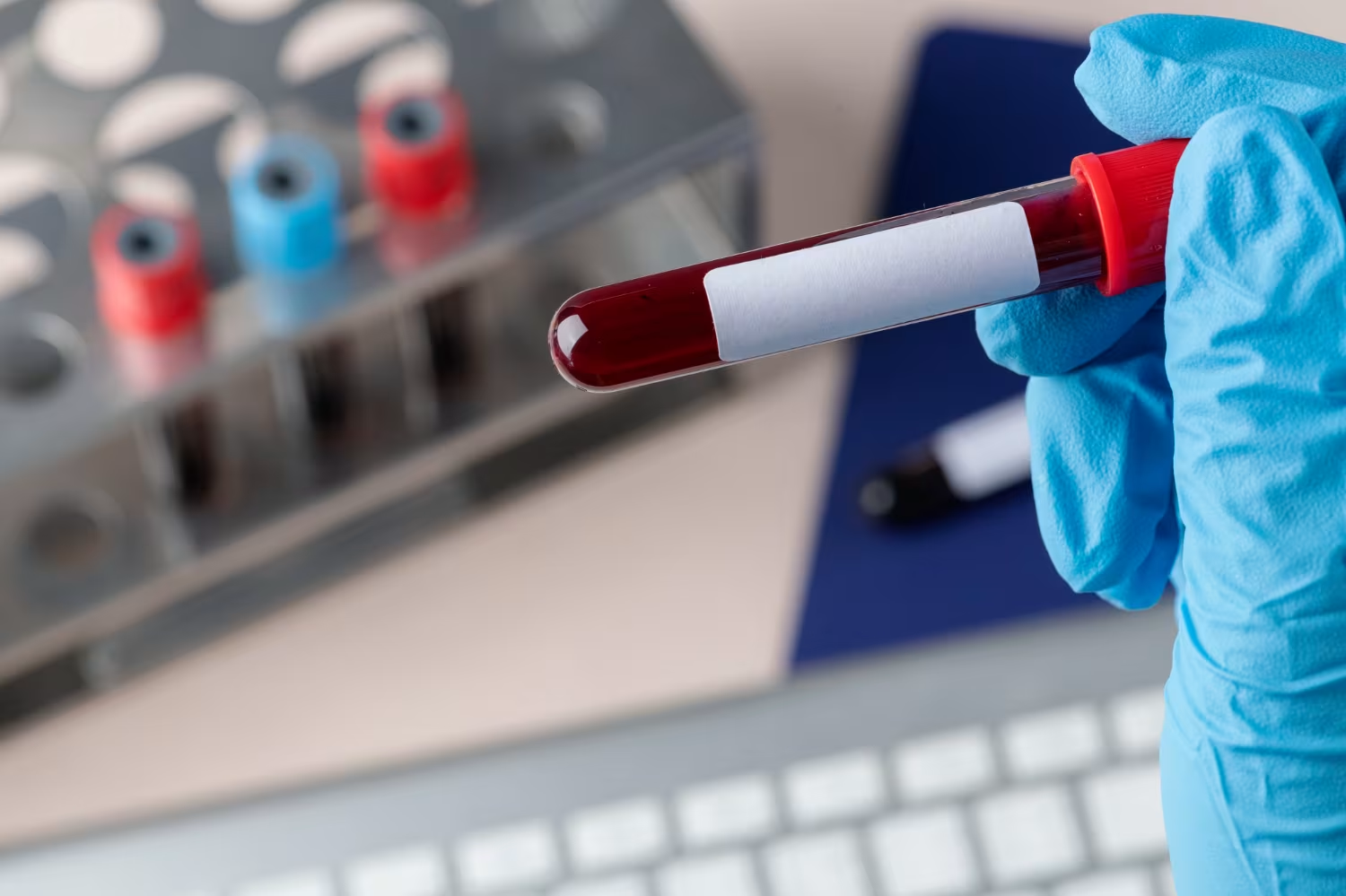
Human Immunodeficiency Virus (HIV) is a virus that attacks the body's immune system, making it harder for the body to fight off infections and diseases. HIV is primarily spread through sexual contact, but it can also be transmitted through sharing needles, from mother to child during pregnancy or breastfeeding, and through blood transfusions. Early diagnosis and treatment are critical to managing HIV, so testing is an essential part of HIV prevention and management.
HIV attacks the body's immune system, specifically the CD4 cells that help the body fight off infections. As HIV progresses, it can destroy so many CD4 cells that the body is no longer able to fight off infections and diseases. This is when HIV can lead to acquired immunodeficiency syndrome (AIDS), a condition that is marked by severe damage to the immune system.
HIV is primarily spread through sexual contact with an infected person, but it can also be transmitted through sharing needles with an infected person, from mother to child during pregnancy or breastfeeding, and through blood transfusions.
The early symptoms of HIV are often mild and can be mistaken for the flu. These symptoms can include fever, headache, muscle aches, and rash. Other symptoms can include sore throat, swollen glands, and fatigue. It is important to note that not everyone who contracts HIV will experience symptoms.
Testing for HIV is critical for early diagnosis and treatment. There are several types of HIV tests, including:
At our clinic, we offer HIV testing using a combination test that is highly accurate and can detect HIV early in the course of infection.
While there is no cure for HIV, early diagnosis and treatment can help people with HIV live long and healthy lives. Treatment typically involves antiretroviral therapy (ART), a combination of medications that suppress the virus and allow the immune system to recover. People with HIV also need regular monitoring of their viral load (the amount of virus in their blood) and CD4 count (the number of CD4 cells in their blood).
In addition to medication, there are several lifestyle changes people with HIV can make to manage their condition. These include:
HIV is a serious condition that can have significant health consequences if left untreated. Testing for HIV is critical for early diagnosis and treatment, and our clinic offers highly accurate testing using a combination test. If you have any concerns about HIV, we encourage you to book an appointment for testing and consultation with one of our healthcare professionals.





